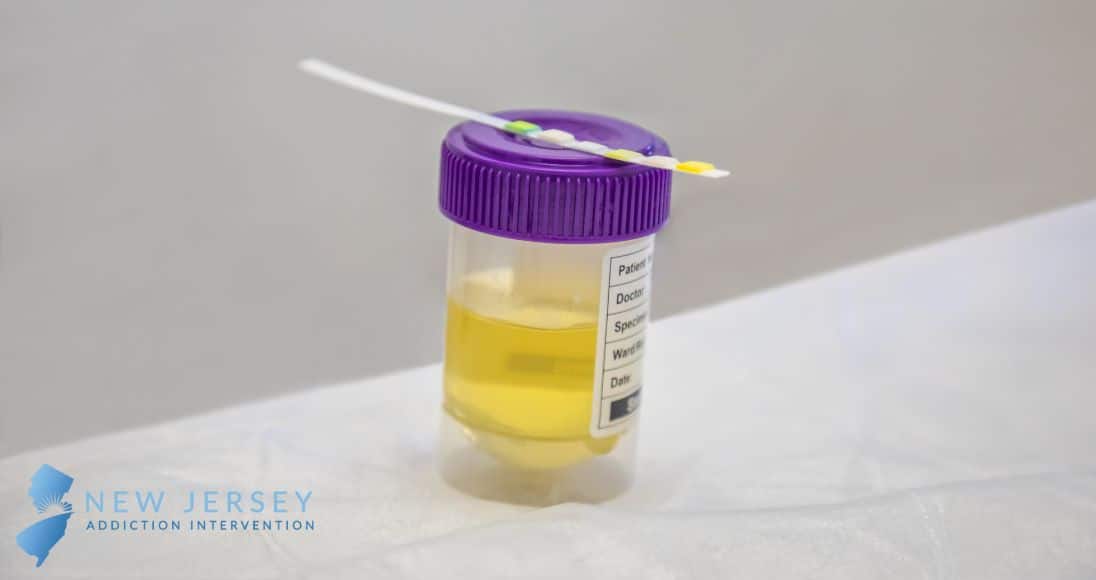Dimethyltryptamine (DMT) is a powerful psychedelic drug that can cause hallucinogenic and dissociative effects within minutes of being ingested. While DMT is structurally similar to psilocybin, the effects are fast-acting and short-lived when compared to magic mushrooms.[1] Additionally, DMT is known as one of the most potent hallucinogenic substances out there.
According to the National Institute on Drug Abuse (NIDA), 7.4 million people reported using a hallucinogen drug like DMT in 2021.[2]
People who abuse DMT might smoke, snort, inject, or brew it into a tea. Even though some people use DMT to elicit a spiritual experience, abusing the drug can be dangerous. If you or a loved one regularly uses DMT, you might be wondering how long it stays in your system.
What are the Effects of DMT?
The effects of DMT can vary greatly from person to person, depending on factors like body weight, dose, the environment in which it’s taken, and whether other substances are being used. However, many people experience a common set of side effects when using DMT.
The common effects of DMT include:
- A rush of euphoria
- Changes in mood
- Increased sensitivity to bodily sensations
- Increased heart rate and blood pressure
- Dilated pupils
- Intense visual hallucinations
- Dissociation and detachment from reality
One’s environment and state of mind can greatly affect the side effects caused by taking DMT. For example, if someone takes DMT when they are incredibly stressed, they might have a “bad trip.” A bad trip is a term used to describe a psychedelic experience that becomes scary, frightening, or stressful.
Smoking, injecting, or snorting DMT usually causes effects that last up to 45 minutes. However, when DMT is brewed into a tea called ayahuasca, the effects can last up to four hours.
How Long Does DMT Stay in Your Body?
DMT is metabolized in the body fairly quickly when compared to other substances. For example, one study found that injected DMT reaches peak concentrations in the blood within 10 to 15 minutes and is below the limit of detection within only one hour.[3]
Still, DMT can leave behind metabolites in your body that can be detected by drug tests for a longer period. How long DMT stays in your system depends on what type of drug test is being used.
Urine
Urine tests are the most commonly used type of drug test out there. Standard urine drug test panels do not look for DMT in your urine. However, special panels can be ordered that will detect the metabolites of DMT for up to 24 hours after you last consumed it.
Saliva
Saliva tests are less reliable than urine tests and provide a shorter window of detection, which means they are not commonly used. Additionally, special panels must be used to detect DMT. Even with a specialized panel, saliva tests can only detect DMT in your system for one hour after you use it.
Blood
Since DMT is metabolized so quickly in your blood, blood tests are not usually used to detect it. Blood tests can only detect DMT for an hour after you last used it.
Hair
Hair follicle drug tests can detect any substance left behind in your system for up to 90 days.
Factors that Affect How Long DMT Stays in Your System
If you or a loved one regularly abuses DMT, knowing how long it stays in your system can help you determine when your withdrawal symptoms will arise after discontinuing its use. However, there is a wide array of personal factors that can influence how long it stays in your system.
The factors that affect how long DMT stays in your system include:
- Age – older individuals might metabolize substances like DMT slower than younger people.
- Method of Administration – someone who drinks DMT in a tea might have it in their system longer than a person who injects it.
- Liver and Kidney Function – because your liver and kidneys play a huge role in the metabolism of DMT, having any hepatic or renal conditions can lengthen the amount of time it stays in your body.
- Frequency of Use – when you abuse a substance over and over again, the metabolites of that drug can build up in your body, causing you to test positive longer than the average person.
Find Help for DMT Abuse and Addiction
If you or a loved one regularly abuses DMT, it’s time to seek professional help. Long-term abuse of this substance can lead to an array of adverse physical and mental health effects. By attending drug rehab, you can develop the tools and skills you need to maintain long-term recovery.
Contact New Jersey Addiction Interventions today to learn more about how we can help you find a treatment center near you.
References:
- The Alcohol and Drug Foundation (ADF): DMT, Retrieved October 2023 From https://adf.org.au/drug-facts/dmt/
- The National Institute on Drug Abuse (NIDA): Psychedelic and Dissociative Drugs, Retrieved October 2023 From https://nida.nih.gov/research-topics/psychedelic-dissociative-drugs#scope
- The National Library of Medicine (NLM): N, N-Dimethyltryptamine (DMT), an Endogenous Hallucinogen: Past, Present, and Future Research to Determine Its Role and Function, Retrieved October 2023 From https://www.ncbi.nlm.nih.gov/pmc/articles/PMC6088236/
Medically Reviewed: October 24, 2023

All of the information on this page has been reviewed and verified by a certified addiction professional.

